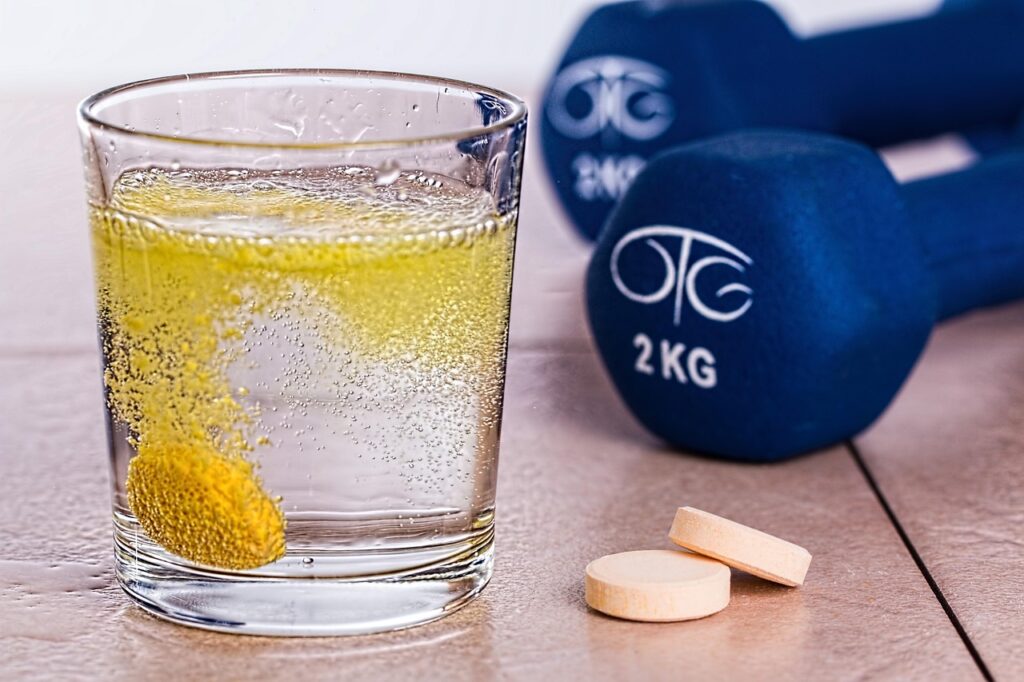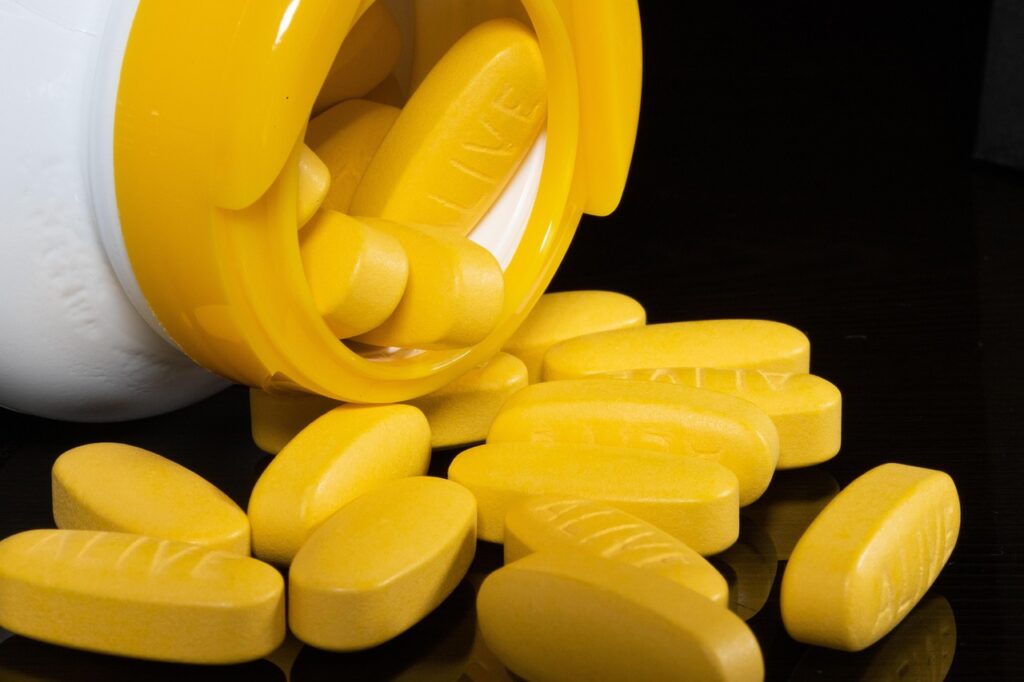In the ongoing pursuit of optimal well-being, the concept of ‘health’ itself remains a dynamic and often elusive target. It’s not merely the absence of disease, but a complex interplay of physical, emotional, mental, and social abilities that allow an individual to cope with their environment. What constitutes ‘good’ health can vary widely, adapting to everything from a sudden snowstorm requiring heavy shoveling to relocating to a high-altitude environment with lower oxygen levels. Yet, in our fast-paced modern lives, many feel they lack the time and resources to maintain this intricate balance, often turning to convenient solutions advertised as shortcuts to vitality.
This yearning for a health advantage has fueled a colossal industry: dietary supplements. These pills and powders promise to bridge nutritional gaps, support overall health, and manage specific conditions. With over half of US adults regularly taking them, the industry boasts a staggering US$50 billion annually. However, behind the glossy marketing and enthusiastic testimonials, a crucial question lingers: are these supplements truly delivering on their promises, or are many of them, as experts warn, simply costly money pits that do little for your health?
As a trusted voice in consumer advocacy, we delve into the world of top-selling health supplements, guided by the authoritative insights of nutritionists, health coaches, and medical professionals. Our aim is to empower you with unbiased, data-driven information, helping you navigate the confusing landscape of dietary aids. Prepare to discover which of these popular products may be siphoning your hard-earned money without offering any real benefit, and what proven, evidence-based practices truly contribute to your health.
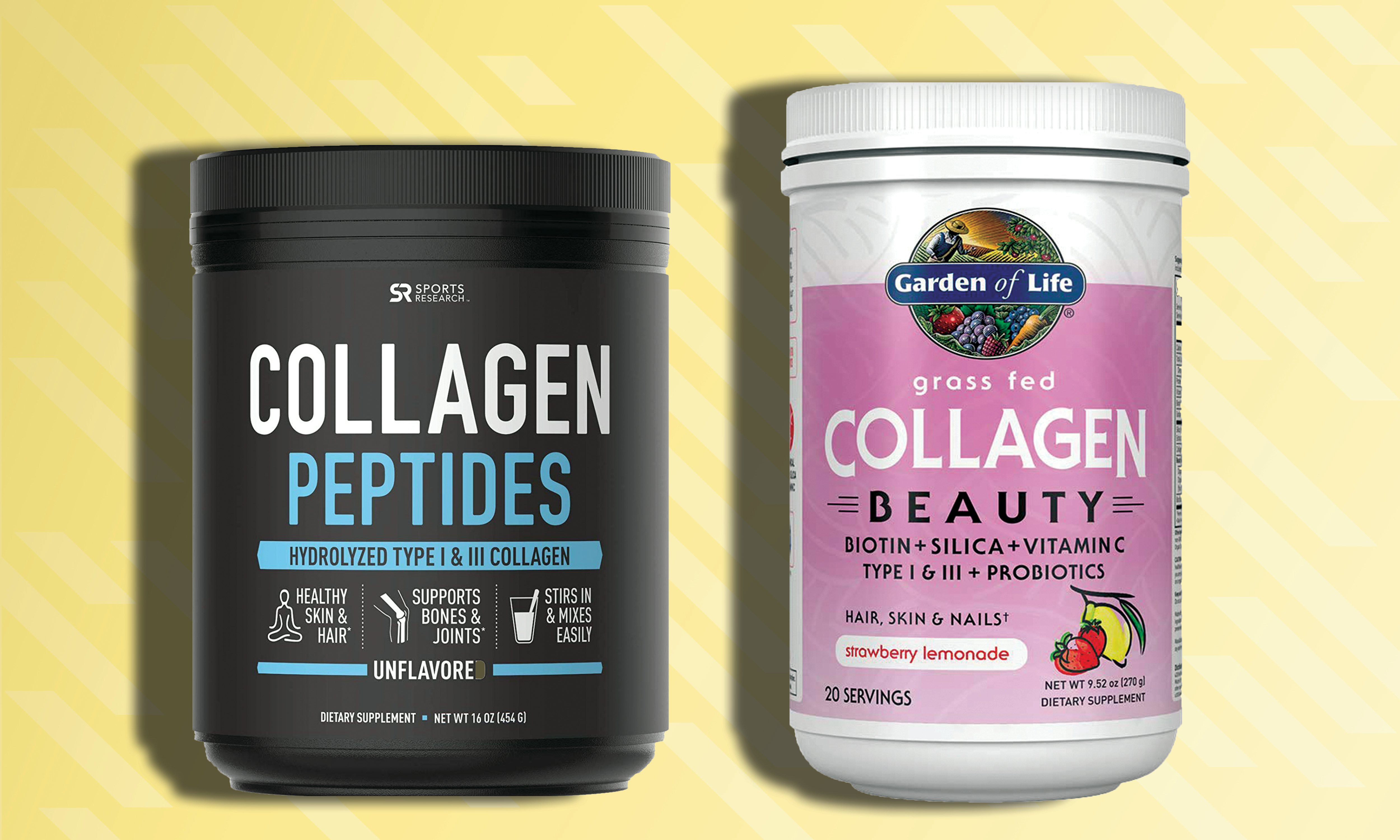
1. **Collagen for Skin**Collagen has soared in popularity, touted as the secret to youthful skin, strong nails, and healthy joints. As a type of protein, collagen is indeed a fundamental building block for your skin, muscles, bones, tendons, ligaments, and other connective tissues, found naturally throughout your organs, blood vessels, and intestinal lining. This natural presence has led many to seek an ‘extra boost’ by taking it in supplement form, believing they can directly replenish their body’s collagen stores.
However, according to Dr. Nandita Iyer, a Bangalore-based health coach and nutritionist, these supplements should be entirely avoided. Her stern warning stems from the simple physiological reality of digestion. She clarifies that when collagen is ingested, it doesn’t miraculously travel straight to your face or joints in its intact form. Instead, your gut efficiently breaks down collagen into its constituent amino acids, just like any other protein you consume.
This means that the specific benefits advertised – such as improved skin elasticity or reduced wrinkles – are unlikely to materialize directly from collagen supplements. The body utilizes these amino acids where they are needed most, which may or may not be for collagen synthesis in the skin. The promise of targeted delivery is largely a marketing narrative that overlooks the complexities of human digestion and nutrient absorption.
Dr. Iyer strongly advises against relying on these expensive products. Instead of supplements, she emphasizes the importance of a nutrient-rich diet and a healthy lifestyle. This approach, which includes sufficient intake of protein and vitamin C, is a scientifically proven way to support your body’s natural collagen production. These dietary components provide the necessary building blocks and co-factors for your body to synthesize its own collagen effectively, rendering external supplementation largely redundant for most healthy individuals.
Read more about: Beyond the Red Carpet Glow: Unpacking the 12 Most Controversial Beauty Treatments Hollywood Stars Actually Swear By
2. **Fat Burners**In the relentless pursuit of weight loss, fat burners have become ubiquitous, particularly in social media advertisements. These products boldly claim to suppress appetite, boost metabolism, and consequently, aid in significant weight loss and management. The allure of a pill that can accelerate fat loss with minimal effort is incredibly powerful, drawing in countless individuals eager to achieve their body composition goals without fundamental lifestyle changes.
However, Dr. Nandita dismisses these products as little more than marketing gimmicks. She points out that the vast majority of these so-called fat burners are primarily composed of caffeine, cleverly packaged and marketed to appear revolutionary. While caffeine can provide a temporary boost in energy and metabolism, its effects on lasting fat loss are negligible at best. This temporary stimulation often gives consumers the illusion of progress without addressing the root causes of weight gain.
Another professional nutritionist concurs, stating that anything promising to ‘burn fat’ should generally be avoided. These supplements frequently contain caffeine alongside other stimulants, which, while offering a short-lived energy surge, do very little to contribute to genuine, sustainable fat loss. The temporary nature of their effects means that any perceived benefits quickly dissipate once supplementation ceases, leading to a cycle of dependence and disappointment.
Both experts unequivocally state that sustainable weight loss and fat loss are the direct results of consistent diet changes and regular exercise, not pills. There is no lasting fat loss without these foundational elements. Investing in fat burners is often a diversion of resources from the evidence-based practices that truly drive results, leaving consumers with lighter wallets and unchanged physiques.
Read more about: Beyond the Blender: 14 Obsolete Kitchen Tools Younger Cooks Won’t Believe Once Ruled the Roost
3. **NAD/NMN Boosters**The molecule nicotinamide adenine dinucleotide (NAD or NAD+) has garnered considerable attention in recent times, frequently lauded for its metabolic and anti-ageing properties. Proponents claim that NAD restores healthy cell functioning and promotes recovery from both physical and mental health conditions, painting it as a panacea for age-related decline and various ailments. NAD indeed plays two vital roles within the body: assisting proteins in regulating cellular functions and facilitating the conversion of nutrients into energy.
Given these crucial roles, the idea of boosting NAD+ levels through supplements like NMN (nicotinamide mononucleotide) has become highly appealing. Companies aggressively market anti-ageing creams and oral supplements, capitalizing on the desire to extend youth and vitality. However, experts caution against supplementing NAD with boosters, emphasizing that the science is still in its nascent stages and results in humans are far from conclusive.
Dr. Nandita specifically notes that while NAD+ boosters like NMN have shown promise in improving mitochondrial health in animal studies, the results observed in humans have been, to use her term, ‘modest.’ She highlights that research in this area is still early, and a significant gap exists between promising animal data and confirmed human benefits. The rush to market these products often outpaces robust scientific validation.
Furthermore, Dr. Nandita points out that companies readily sell anti-ageing creams without providing concrete proof of their efficacy. This trend underscores a broader issue in the supplement industry, where marketing often takes precedence over rigorous scientific backing. Instead of relying on unproven supplements, experts suggest that one of the most effective and natural ways to increase NAD+ levels is through regular exercise, particularly high-intensity interval training (HIIT) and resistance training, which stimulate mitochondrial activity and boost natural NAD+ production.

4. **Detox Teas and Juice Cleanses**Social media platforms are awash with promotions for ‘detox programs,’ aggressively marketed to health-conscious individuals, particularly youngsters. These programs typically involve a regimen of detox teas and juice cleanses, claiming to eliminate a variety of mysterious ‘toxins’ supposedly responsible for an array of unpleasant symptoms, including headaches, bloating, joint pain, fatigue, and depression. The promise of a clean slate and renewed vitality makes these programs highly attractive to those seeking a quick fix for general malaise.
However, Dr. Iyer is unequivocal in her assessment, stating that detox juice cleanses and teas are nothing more than ‘fancy ads’ designed to make you spend money. Her reasoning is grounded in basic human physiology: your body possesses an incredibly efficient and sophisticated natural detoxification system. Your liver and kidneys are constantly working, 24/7, to detoxify your system, processing and eliminating waste products without any need for external intervention.
In her words, these products ‘just make for expensive bathroom breaks.’ This blunt assessment highlights the fact that any perceived ‘cleansing’ effect is typically due to increased fluid intake and laxative properties, which can lead to temporary weight loss from water depletion, not genuine detoxification. Despite this scientific reality, such products are still marketed aggressively as ‘cleansing’ solutions, even in regions like India, playing on public misconceptions about internal purification.
Experts further warn that long-term detoxes, those extending beyond a week, can actually be detrimental to health. They pose risks such as various nutrient deficiencies, persistent fatigue, electrolyte imbalances, dangerously low blood sugar levels, and mood changes. A separate nutritionist also states that ‘detox supplements are also a waste of money,’ reiterating that ‘your body has a natural detoxification system in your liver, kidneys, and GI tract. You don’t need a supplement to detox you.’ These products, therefore, not only drain your finances but can also compromise your health by disrupting your body’s natural balance.
Read more about: The Celebrity Diet Trends Nutritionists Urgently Advise You to Avoid
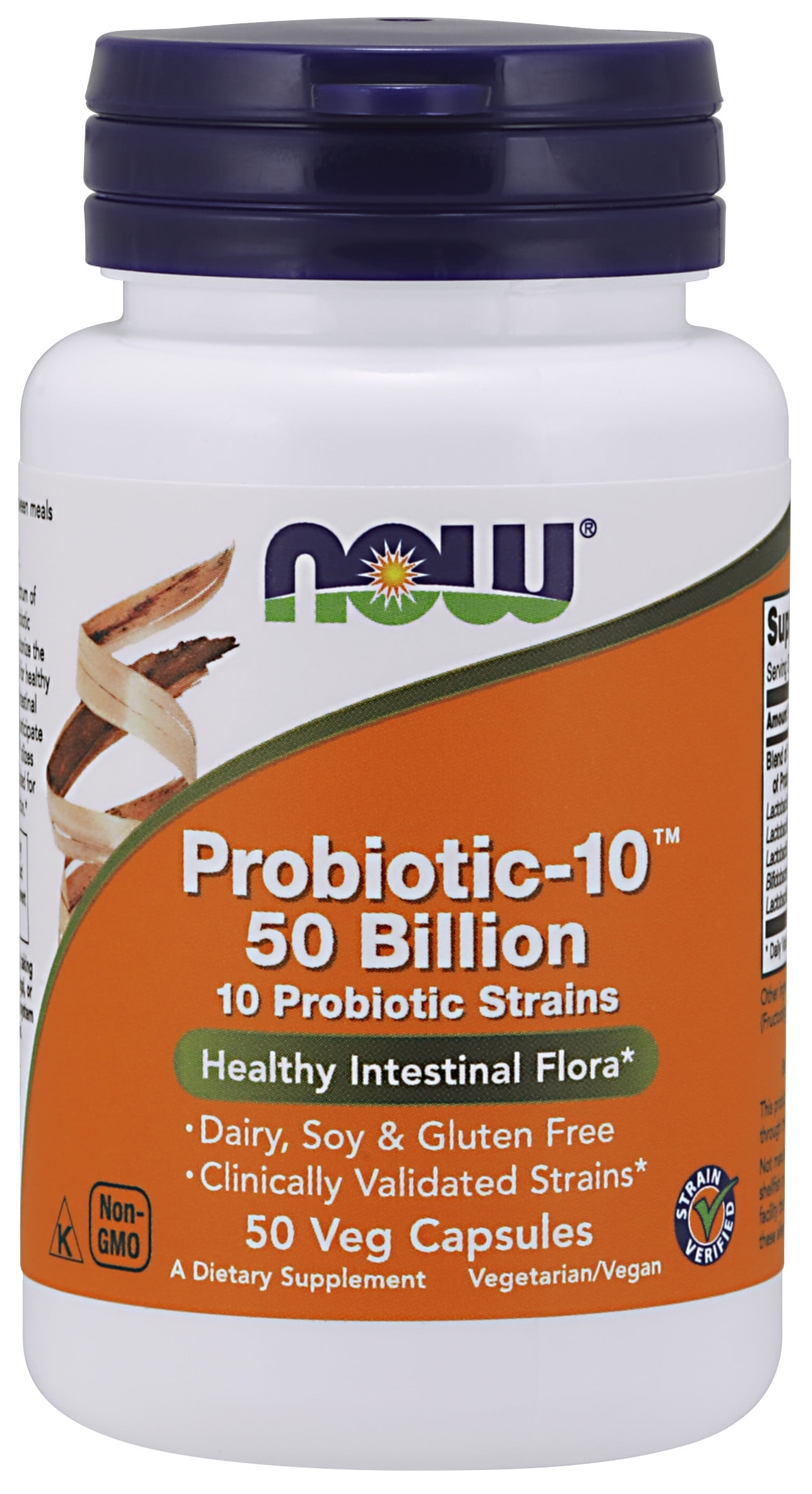
5. **Probiotic Blends**Probiotic blends have become a staple in the health and wellness market, marketed heavily for their purported benefits in improving gut health, digestion, and overall well-being. The concept of introducing ‘good’ bacteria to optimize the gut microbiome is appealing, especially given the growing understanding of the gut’s influence on various aspects of health. Many brands offer a dizzying array of blends, each promising unique advantages for digestive harmony.
However, Dr. Iyer expresses significant skepticism, categorizing most probiotic blends as a ‘waste of money,’ particularly for healthy individuals. Her concern stems from a critical lack of robust scientific evidence supporting their widespread efficacy. She notes that while some specific probiotics have indeed been shown to help with certain gut issues, the majority of commercially available brands lack strong human trials to substantiate their expansive claims.
This gap between marketing claims and scientific validation is exacerbated by loose regulatory oversight in the supplement industry. Dr. Iyer highlights that these lax regulations allow the market for probiotic blends to boom, with bottled prices ranging widely, often from Rs 500 to Rs 5000 or even more, suggesting a profit-driven industry where ‘marketing often beats science.’ Consumers are left to decipher complex labels and often rely on advertising rather than proven effectiveness.
Rather than turning to expensive and unproven probiotic supplements, Dr. Iyer advocates for a more fundamental and effective approach: a balanced diet. She explains that incorporating fibre-rich fruits, vegetables, and whole grains into your daily meals is the best and most natural way to support a healthy gut microbiome and potentially increase bacterial diversity. This dietary strategy provides the necessary prebiotics and nutrients to nourish your existing beneficial gut bacteria, offering a sustainable and cost-effective solution for digestive health.
Read more about: The Sweet Deception: Unmasking 15 ‘Healthy’ Foods Secretly Loaded with Sugar That Are Wrecking Your Diet

6. **Biotin (Vitamin H or B7)**Biotin, also known as vitamin H or vitamin B7, is a widely sought-after supplement, particularly by individuals aspiring to enhance hair growth, strengthen nails, and improve skin health. Its reputation as a key to ‘luscious hair and strong nails’ has made it a best-seller in the beauty and wellness aisles. Biotin is indeed an essential nutrient, playing crucial roles in the body, including converting food into fuel and maintaining healthy skin, hair, and nails as part of its metabolic functions.
However, Dr. Terrell Smith, MD, MPH, Founding Physician of Spora Health, issues a significant caveat regarding biotin supplementation. He clarifies that while biotin is touted for its benefits to hair and nails, research indicates that these benefits are primarily observed only in individuals with underlying health conditions that cause a biotin deficiency. For the vast majority of healthy people, who are not deficient, taking additional biotin supplements provides no discernible advantage.
Dr. Smith emphasizes that if you are generally healthy and do not have a confirmed deficiency, there is simply no benefit in taking a biotin supplement. Your body already obtains sufficient amounts from a regular diet, and any excess is typically excreted. The widespread belief that more biotin equates to better hair or nail growth for everyone is a misconception, largely fueled by aggressive marketing that doesn’t differentiate between deficient and non-deficient populations.
He further suggests that any perceived benefit to hair health from biotin might more likely come from biotin-containing hair products, which deliver the nutrient topically where it might have a direct effect. Therefore, he advises against oral supplementation unless explicitly recommended by a healthcare provider after diagnosing an actual deficiency. Otherwise, for healthy individuals, biotin supplements represent an unnecessary expenditure, yielding no tangible improvements.
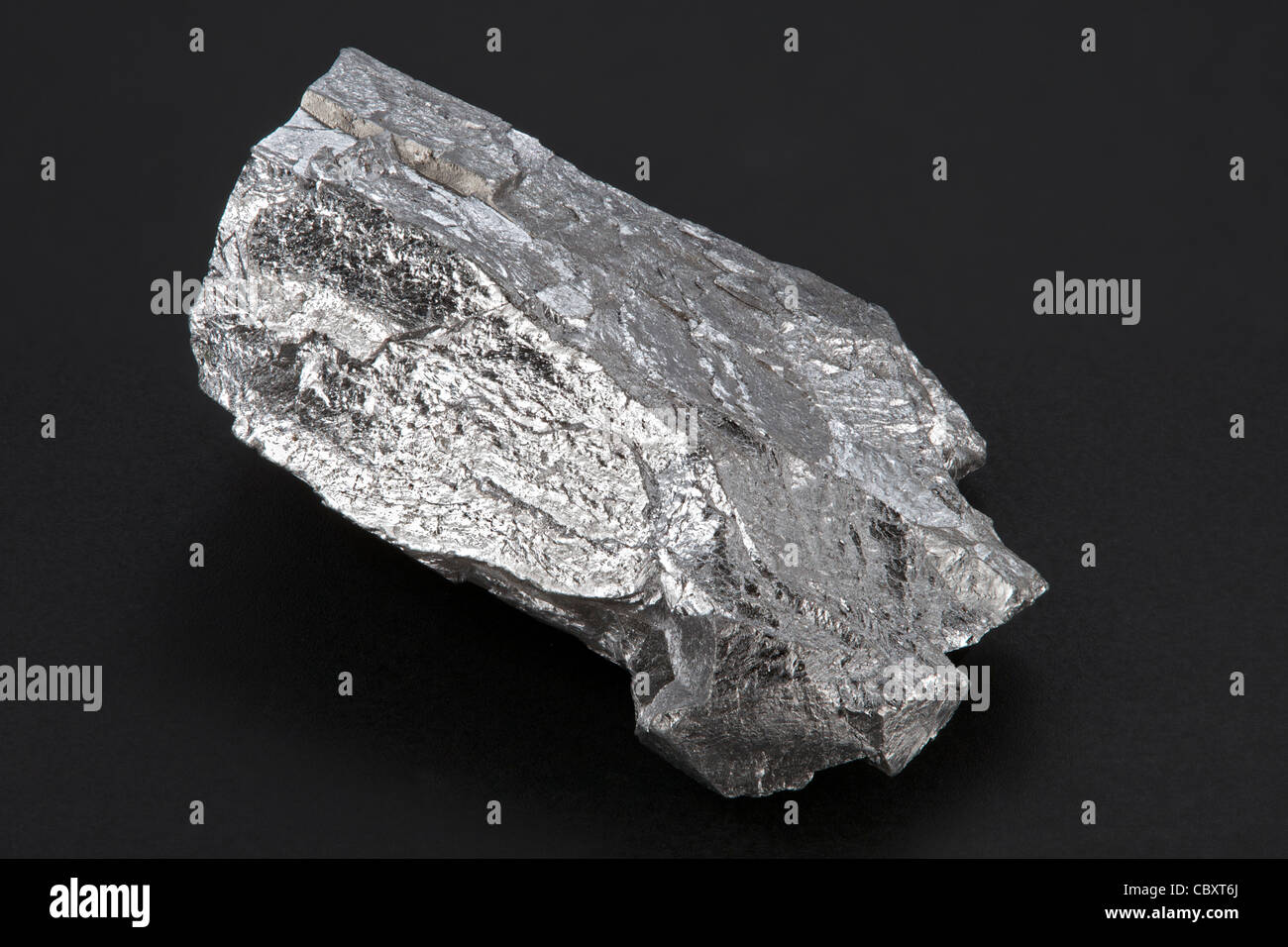
7. **Chromium**Chromium, often referred to as an ‘essential trace element,’ is another supplement frequently found on pharmacy shelves. It is commonly believed to play a role in maintaining steady insulin levels, a claim that has made it appealing to individuals concerned about blood sugar regulation and metabolic health. Beyond this, chromium is also occasionally marketed online with promises of aiding in weight loss, further cementing its position as a popular health supplement for those seeking metabolic advantages.
However, Dr. Smith categorizes chromium as another vitamin that is essentially a waste of money for most consumers. He explains that chromium is readily obtainable through a regular, balanced diet. Many common foods provide sufficient amounts of this trace element, making targeted supplementation largely unnecessary for individuals who consume a varied diet. Your body typically gets all the chromium it needs without any special effort or additional cost.
Regarding the claims about weight loss, Dr. Smith issues a strong warning: ‘there is no scientific evidence that backs up those claims, so definitely be leery of them.’ This lack of scientific substantiation means that any promises of chromium facilitating weight loss are purely speculative and should be regarded with extreme skepticism. Consumers drawn in by such claims are likely to be disappointed and out of pocket.
Therefore, Dr. Smith advises against going out of your way to buy and consume chromium supplements. For healthy individuals, the benefits are unsubstantiated, and the nutrient is easily acquired through everyday dietary sources. Investing in chromium supplements, whether for blood sugar control or weight management, appears to be an expenditure without a proven return, making it a classic example of a costly money pit in the supplement market.
Continuing our in-depth examination of the dietary supplement landscape, we now turn our attention to common vitamin supplements and other specialized products that often find their way into daily routines without clear medical necessity. While vitamins are undeniably vital for bodily functions, the popular belief that “more is better” can lead to unnecessary expenditure and, in some cases, even adverse health consequences. This section will empower you with critical, data-driven insights, highlighting the paramount importance of a balanced diet and professional medical guidance over unverified, potentially harmful supplementation.
Read more about: DuckDuckGo Unpacked: An In-Depth Exploration of the Privacy-First Search Engine Reshaping Your Digital Life
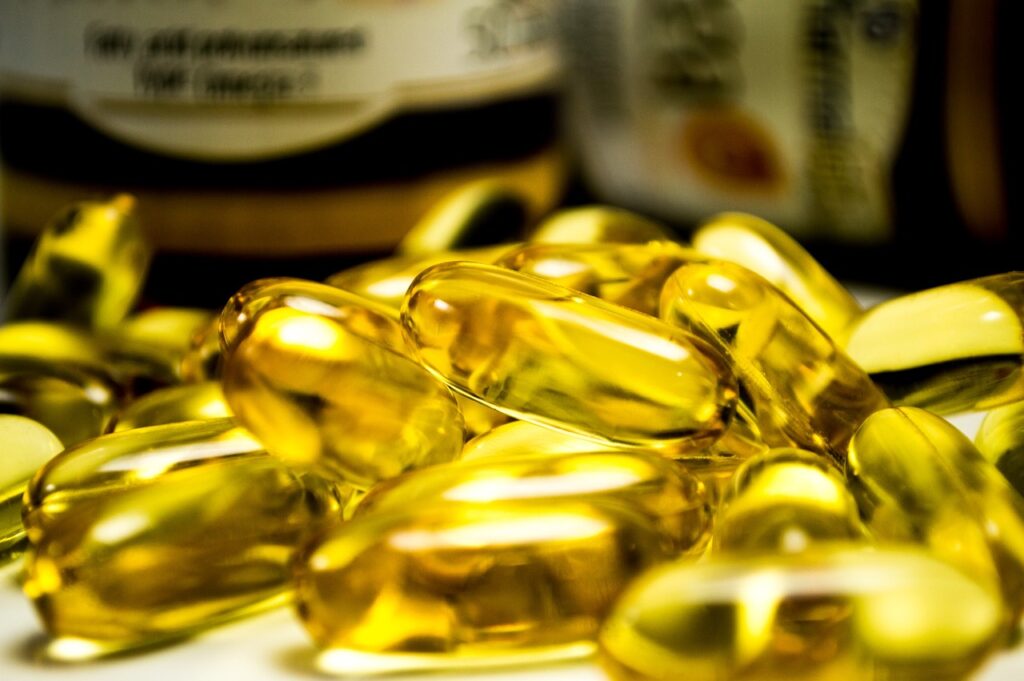
8. **Iron**Iron stands as an essential mineral, playing a pivotal role in numerous critical bodily functions, including the production of hemoglobin for oxygen transport and supporting cellular growth. Despite its undeniable importance, the impulse to supplement with iron without proper medical assessment can be perilous. Dr. Terrell Smith, MD, MPH, a Founding Physician of Spora Health, warns against taking iron supplements without a confirmed deficiency, as the assumption that “more is better” is particularly dangerous with this mineral.
The dangers of unchecked iron intake are substantial. Excess iron can accumulate in the body, potentially causing irregular heartbeats, excessive buildup in the liver, and, in rare instances, even cancerous changes. These severe potential outcomes underscore why professional medical consultation is not just advisable, but absolutely critical before starting iron supplementation.
Fortunately, for the vast majority of healthy individuals, obtaining sufficient iron is readily achievable through a well-balanced diet. Nutrient-dense options such as beans, dark chocolate, spinach, beef, and chicken are excellent natural sources. By prioritizing these whole food sources, consumers can ensure adequate iron levels without the risks associated with unmonitored pills, making a doctor’s confirmed diagnosis the only appropriate trigger for supplementation.
Read more about: Smartwatch Longevity Secrets: Decoding Battery Life to Avoid Future Money Pits with Top Devices
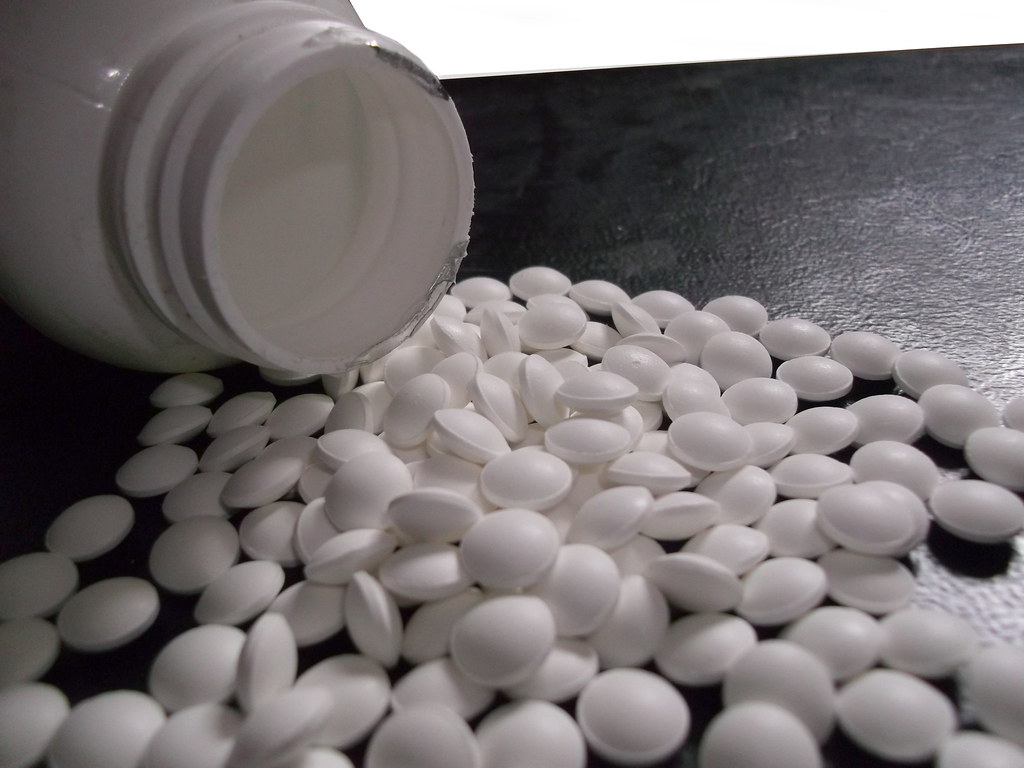
9. **Vitamin A**Vitamin A, a fat-soluble vitamin and powerful antioxidant, is vital for maintaining healthy vision, robust immune function, and proper cellular growth. While its widespread benefits might tempt consumers toward supplementation, Dr. Smith cautions strongly against excessive intake. He explicitly states, “Don’t take too much vitamin A… too much vitamin A can be toxic, causing multiple serious side effects,” highlighting the fine line between beneficial and harmful doses for fat-soluble vitamins.
Unlike water-soluble vitamins, excess Vitamin A is stored in the body’s fatty tissues and liver, allowing for accumulation to potentially toxic levels. This inherent danger makes indiscriminate supplementation a significant concern, as symptoms can range from headaches and nausea to more severe issues like liver damage.
For most healthy adults, ample Vitamin A is easily acquired through a diverse and wholesome diet, including common dietary staples such as cheese, eggs, milk, and yogurt. The body efficiently stores any Vitamin A not immediately utilized for future demands, rendering daily supplementation generally redundant. Embracing a diet rich in these natural sources provides a safe and balanced intake, circumventing the considerable risks associated with high-dose supplements and emphasizing professional consultation for individual needs.
Read more about: Cha-Ching! These 7 Celebrity Endorsement Deals Blew Past $100 Million and Changed the Game!

10. **Vitamin B2 (Riboflavin)**Vitamin B2, or Riboflavin, is an indispensable B vitamin central to energy metabolism, acting as a crucial coenzyme in converting food into the body’s primary energy currency, ATP. Despite its fundamental role, Dr. Smith unequivocally states that for most individuals, additional Vitamin B2 supplementation is “often unnecessary,” citing its wide availability in everyday foods.
Common dietary items like eggs, whole grain breads, milk, and yogurt are naturally rich in Riboflavin. If these are already part of your regular intake, your body is likely receiving all the B2 it needs. A clear, observable indicator of excessive intake is urine turning “neon yellow,” which Dr. Smith explains signifies that the body is simply excreting the unabsorbed excess.
As a water-soluble vitamin, B2 is processed and expelled when consumed in surplus, making expensive, high-dose pills largely ineffective. Therefore, a far more effective and fiscally responsible strategy is to focus on maintaining a balanced diet, allowing your body to naturally regulate its intake and support energy production without unnecessary supplementation.
Read more about: Signal Lost? Expert Tips and Apps for Seamless Offline Navigation on Your Next Road Trip

11. **Vitamin B6**Vitamin B6, another essential B-complex member, is integral to over a hundred enzyme reactions, supporting protein metabolism, red blood cell formation, and neurotransmitter synthesis. Despite its vital roles, Dr. Smith issues a significant caution regarding B6 supplements, particularly concerning long-term use. He highlights that “research shows that taking B6 supplements over a long period of time can actually cause serious health problems and high levels of B6 have been shown to cause abnormal nerve sensations/changes.”
The most concerning side effect of prolonged, high-dose intake is peripheral neuropathy, characterized by nerve damage leading to numbness, tingling, and pain. This underscores that while B6 is vital in appropriate amounts, unchecked supplementation can lead to debilitating conditions.
The prevalence of Vitamin B6 in a wide variety of everyday foods, including fruits, vegetables, whole grains, poultry, and fish, further diminishes the need for supplementation in healthy adults. A balanced diet typically provides all the B6 your body requires, ensuring optimal function without risking toxicity. Consequently, for individuals without a diagnosed deficiency, B6 supplements are not only an unnecessary expense but also a tangible health risk.
Read more about: Cha-Ching! These 7 Celebrity Endorsement Deals Blew Past $100 Million and Changed the Game!
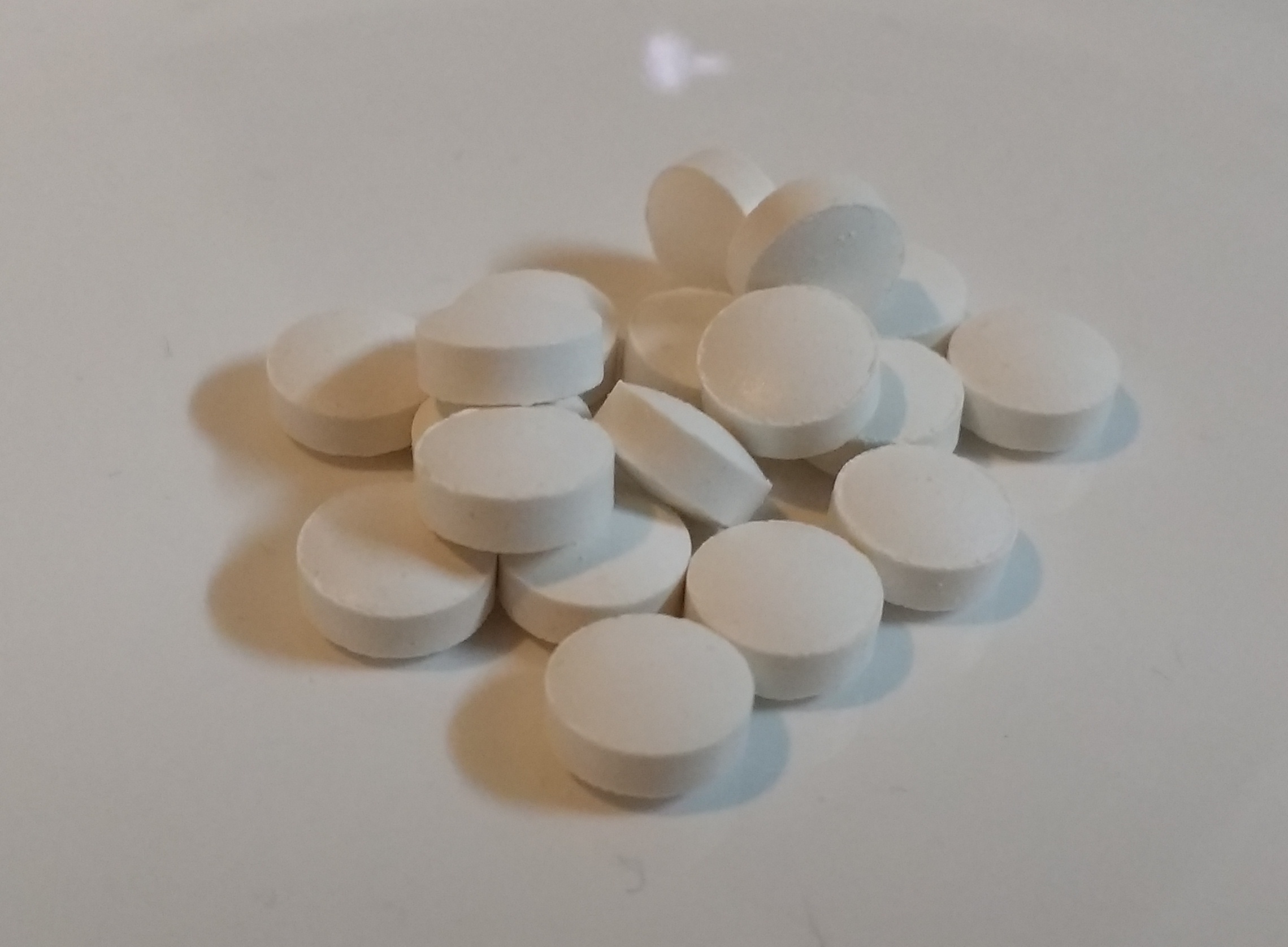
12. **Vitamin E**Vitamin E is a powerful fat-soluble antioxidant that protects cell membranes from oxidative damage and supports immune system function. Despite its vital roles, Dr. Smith explicitly states that “not many people are deficient in vitamin E,” as the majority of individuals easily obtain the recommended 15 milligrams daily through a regular diet. Excellent sources include avocado, almonds, and spinach, making supplementation largely redundant.
Moreover, the risks associated with overdoing Vitamin E supplementation are significant. As a fat-soluble vitamin, excess amounts accumulate, and Dr. Smith warns that “overdoing this supplement could cause other issues, like hemorrhaging.” This risk of bleeding is particularly concerning for those on anticoagulant medications.
The US Preventive Services Task Force (USPSTF) further reinforces this cautionary stance, explicitly advising against the general use of Vitamin E. Their extensive review found “no benefit to taking vitamin E” for preventing cardiovascular disease or cancer in healthy adults, unequivocally debunking the belief in its widespread prophylactic benefits and confirming that for most consumers, these supplements are a financial drain without a health return.
Read more about: Cha-Ching! These 7 Celebrity Endorsement Deals Blew Past $100 Million and Changed the Game!

13. **Beta-Carotene**Beta-carotene, a vibrant carotenoid, is found abundantly in colorful fruits and vegetables and serves as a precursor to Vitamin A, safely converting into it as needed. In its natural, food-derived form, beta-carotene is incredibly healthful, contributing to antioxidant protection and overall well-being.
However, its health profile changes dramatically in supplement form, particularly for certain demographics. Megan Mescher-Cox, DO, delivers a critical warning, stating that “in the supplement form there have been studies that have associated beta-carotene intake with increased incidence of lung cancer in people that smoke or have had asbestos exposure.” This is not merely an absence of benefit but a clear, documented risk of harm.
The USPSTF explicitly advises against taking beta-carotene supplements, citing that it “can be harmful because it increases the risk of lung cancer in people already at risk.” This robust scientific consensus highlights a profound cautionary tale: nutrients consumed in isolation, especially at high doses, do not always replicate the beneficial effects they have when integrated within the complex matrix of whole foods.
Consumers are therefore strongly advised to obtain beta-carotene from its natural dietary sources, such as carrots, sweet potatoes, spinach, and kale. This dietary approach ensures a safe and effective intake of this valuable nutrient, allowing the body to utilize it beneficially without incurring the documented and dangerous risks associated with high-dose beta-carotene supplements, particularly for those with a smoking history or asbestos exposure.
Read more about: Power Up Your Plate: 15 Essential Foods to Turbocharge Your Immune System This Cold and Flu Season
14. **Vitamin C for Colds**Vitamin C, or ascorbic acid, is an indispensable water-soluble vitamin, vital for immune support, collagen production, and its role as an antioxidant. Its legendary reputation as a frontline defense against the common cold is legendary, prompting countless individuals to reach for high-dose supplements at the first sign of a sniffle.
However, the scientific evidence largely refutes this popular belief. Dr. Cox unequivocally advises consumers to “Save your money on vitamin C for the common cold.” She clarifies that “there is no evidence that vitamin C supplementation reduces the risk or incidence of the common cold in the average person.” This authoritative statement challenges a deeply ingrained public perception, revealing it as a widespread misconception rather than a proven medical fact.
While Vitamin C is essential for robust immune function, taking massive doses in supplement form does not offer a magical shield against viral infections or significantly shorten their duration for most healthy individuals. The body has a saturation point for Vitamin C; any amount consumed beyond this threshold is simply excreted in the urine, making expensive, high-dose pills largely ineffective.
Crucially, a healthy, balanced diet is more than capable of providing adequate levels of Vitamin C. For instance, consuming just one medium orange daily easily meets the recommended daily allowance (RDA) while offering a wealth of other beneficial nutrients, fiber, and antioxidants, providing “multiple added benefits to your health” that isolated supplements cannot replicate. Furthermore, Dr. Cox warns that “very high doses of vitamin C can lead to kidney stones, nausea and vomiting.” Therefore, a prudent approach involves consistent consumption of Vitamin C-rich fruits and vegetables, which naturally supports immune health and overall well-being without the associated risks or unnecessary expense of supplements.
**Beyond the Bottle: The True Path to Wellness**
As our comprehensive exploration concludes, a clear and consistent pattern emerges from the authoritative expert consensus: for the vast majority of healthy adults, many top-selling health supplements are indeed costly money pits. These products often offer little to no proven benefit and, in some cases, pose tangible risks to well-being, directly contradicting the glowing promises on their packaging. The pervasive allure of a quick fix, heavily marketed and artfully packaged, too often overshadows the fundamental truths of human physiology and evidence-based nutrition.
The trusted voices of nutritionists, health coaches, and medical professionals consistently reinforce a singular, powerful, and deeply practical message: a balanced diet, rich in nutrient-dense whole foods, consistently coupled with regular physical activity and a genuinely healthy lifestyle, remains the most effective and scientifically validated pathway to optimal health. Your body is an incredible, finely tuned machine, equipped with sophisticated, inherent systems designed to extract all the essential nutrients it needs from real, unprocessed food and to efficiently detoxify itself naturally, without external intervention.
Crucially, investing in expensive pills and powders often diverts valuable resources—both your hard-earned finances and your focus—from these truly proven, evidence-based practices. This misdirection carries an “opportunity cost,” as clinician Jeffrey Linder, co-author of a new editorial commentary on supplements, emphasizes: “talking with patients about supplements during the very limited time we get to see them, we’re missing out on counseling about how to really reduce cardiovascular risks, like through exercise or smoking cessation.” The genuine harm lies in neglecting effective health strategies for unverified ones.
Read more about: Listen Up: 14 Critical Signs Your Body Is Quietly Signaling Nutrient Deficiencies
Instead of chasing ambiguous promises in a bottle, empower yourself by prioritizing nutrient-dense meals that support your body’s natural processes, staying consistently active, developing effective strategies for stress management, and, critically, seeking personalized, evidence-based advice from trusted healthcare providers. True, sustainable wellness isn’t found in a supplement aisle or a catchy social media ad; it is meticulously cultivated through mindful, informed choices that consistently nourish your body from within, naturally and sustainably, safeguarding both your health and your wallet.

